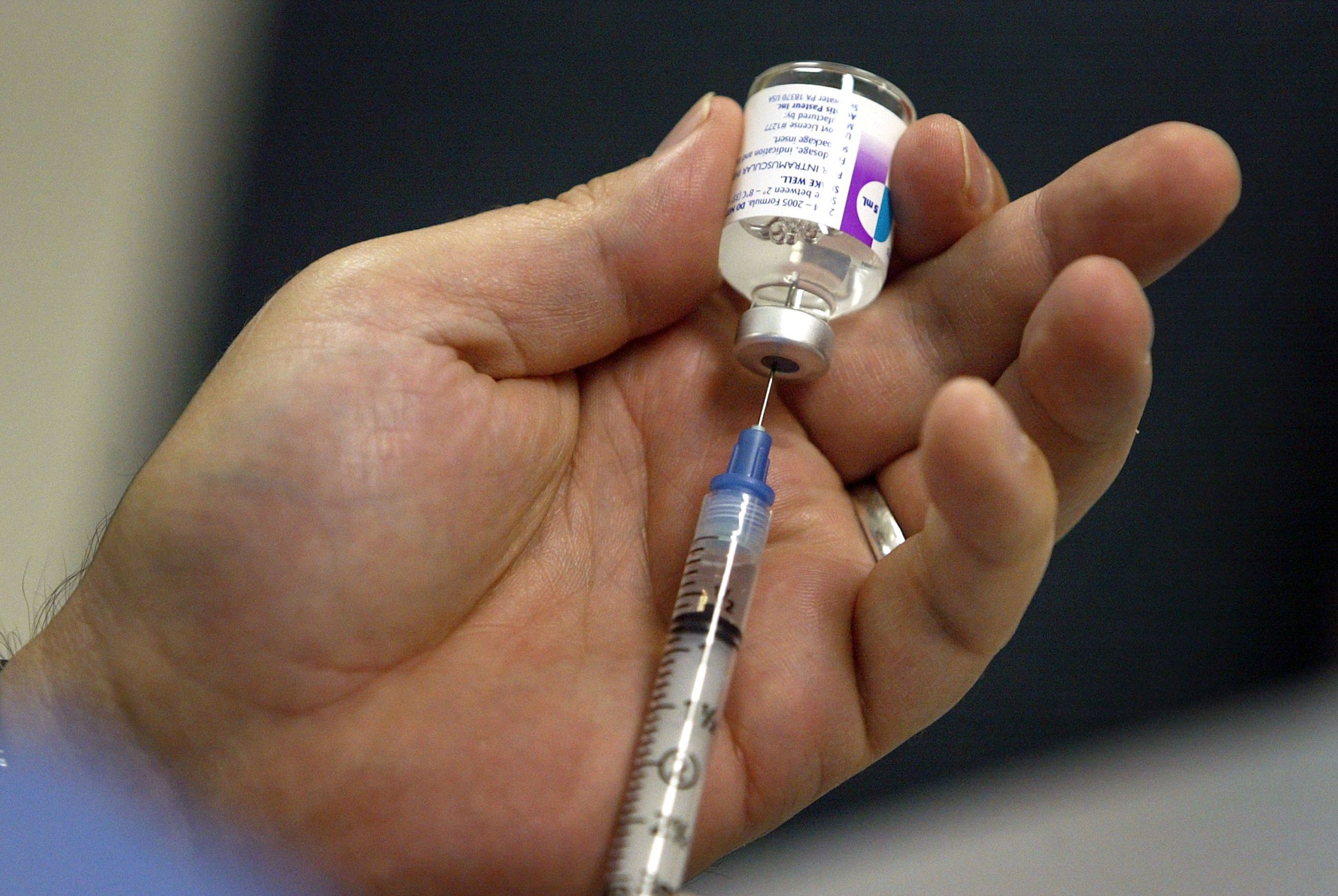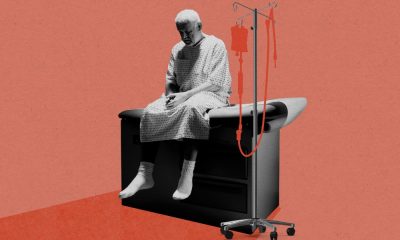The maker of an unproven drug, Makena, has said it will voluntarily remove the product from the U.S. Manufactured by Covis Pharma, based in Switzerland, the drug is intended to prevent premature births.
The company made the announcement Tuesday, according to ABC News. The decision to remove the drug comes after almost four years since Makena could not show any benefit to helping mothers carry pregnancies to term.
Makena is a synthetic version of the hormone progesterone, vital to maintaining a pregnancy. It is also the only drug with FDA approval to lower the risk of premature birth.
Taken via injection, the drug is the poster child of the challenges the FDA has to face to withdraw a medication when the manufacturer is not consenting.
The timeline for the removal of the drug from the market remains obscure. Covis said in its release that FDA regulators rejected its proposal to slash the drug’s use over several months.
The company said the extension would allow women who are on the prescription to finish their course of treatment, which starts after 16 weeks of pregnancy.
However, in a separate filing Wednesday, the FDA’s drug regulators strongly recommended making the withdrawal “immediately effective,” according to the outlet. The agency added there was no reasonable “harm from discontinuing Makena, such as signs or symptoms of withdrawal.”
It all started in October in a public meeting when outside advisers concluded that Makena was not able to prove its efficacy and its approval should be revoked. The panel was unconvinced irrespective of hours of presentations and debate put forward by Covis trying to prove the drug could be useful for a subgroup of women.
It should be noted that hearings such as these are very rare and take place only after a drugmaker opposes initial FDA requests to remove its drug.
“While we stand by Makena’s favorable benefit-risk profile, including its efficacy in women at highest risk of preterm birth, we are seeking to voluntarily withdraw the product and work with the FDA to effectuate an orderly wind-down,” said Raghav Chari, Covis’ chief information officer, in a statement, CBS News reported.
The drugmaker said it “remains ready to work cooperatively with the agency,” despite an impasse on the timeframe.
Makena was granted accelerated approval in 2011 by the FDA. The decision was premised on a small study of women who had a history of early deliveries. The approval was given on the condition that a larger follow-up study would be conducted to confirm the drug’s efficacy.
In 2019, an international study involving 1,700 patients found the drug neither reduced premature births nor resulted in healthier outcomes for babies.
The results notwithstanding, reproductive specialists, including members of the American College of Obstetricians and Gynecologists, are in favor of keeping the weekly injected drug in the market until further research is conducted.
The group stated that its guidelines will be effective until FDA makes a final decision.
“It is critical that other effective interventions be identified to prevent recurrent preterm birth for the health and well-being of our patients and their families,” the group said in a statement.
















